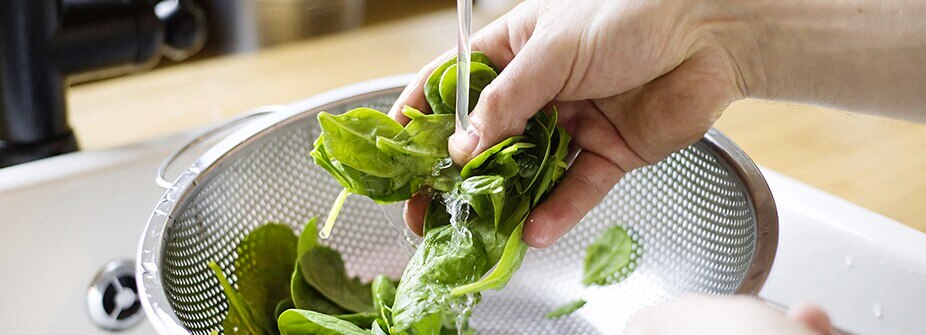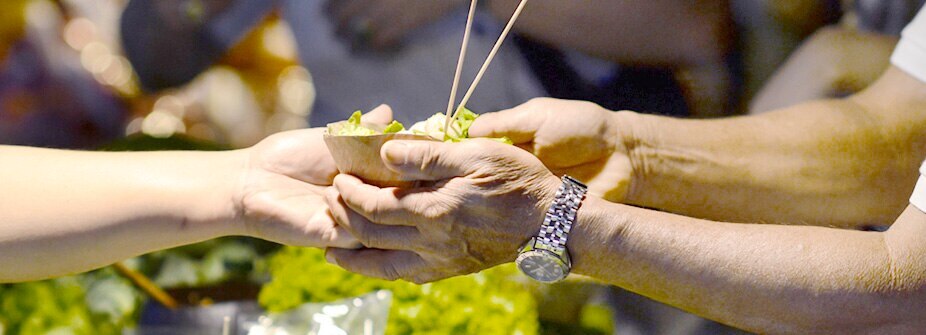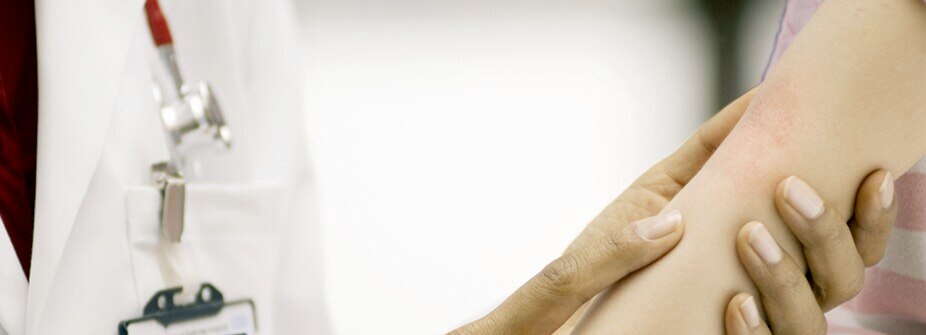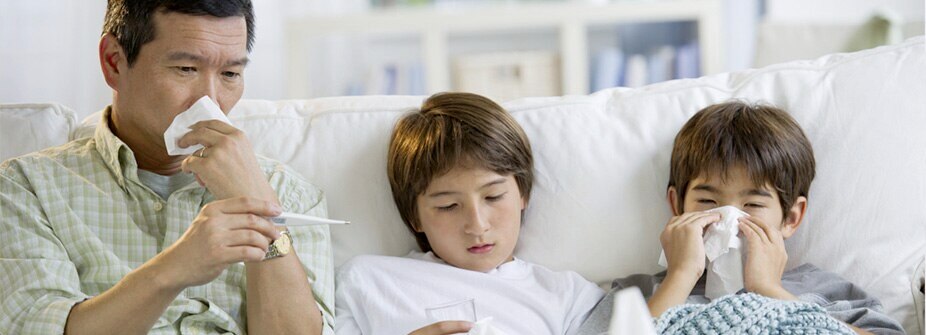Rest at home
Most cases of food poisoning are fairly mild and will clear up within a few days. In the meantime, the best thing that you can do for yourself or your sick child is to ensure that the patient gets plenty of bed rest.
Stay hydrated and eat when you can
One of the key risks associated with food poisoning is the danger of dehydration. Try to maintain your fluid levels by regularly sipping small quantities of bottled or boiled water. Your pharmacist may advise that you take an oral rehydration solution, as this will replace some of the key glucose, salt and minerals lost during the infection. As soon as your appetite returns, you should try to eat small, light meals of soft, plain foods such as rice or bread.
Seek medical attention if necessary
Generally speaking, having food poisoning does not mean that you need to visit your doctor. However, there are certain circumstances where this becomes essential. You may need to do so if symptoms persist after a few days, if you are unable to drink water, or if you are showing signs of severe dehydration (e.g. you feel confused, your heart is beating faster than normal and you are not passing urine). A doctor’s appointment is also advisable if you fall into a high-risk category because you are pregnant, have a weakened immune system, have an underlying medical condition or are over 60 years of age. Babies and young children are also considered high risk.




